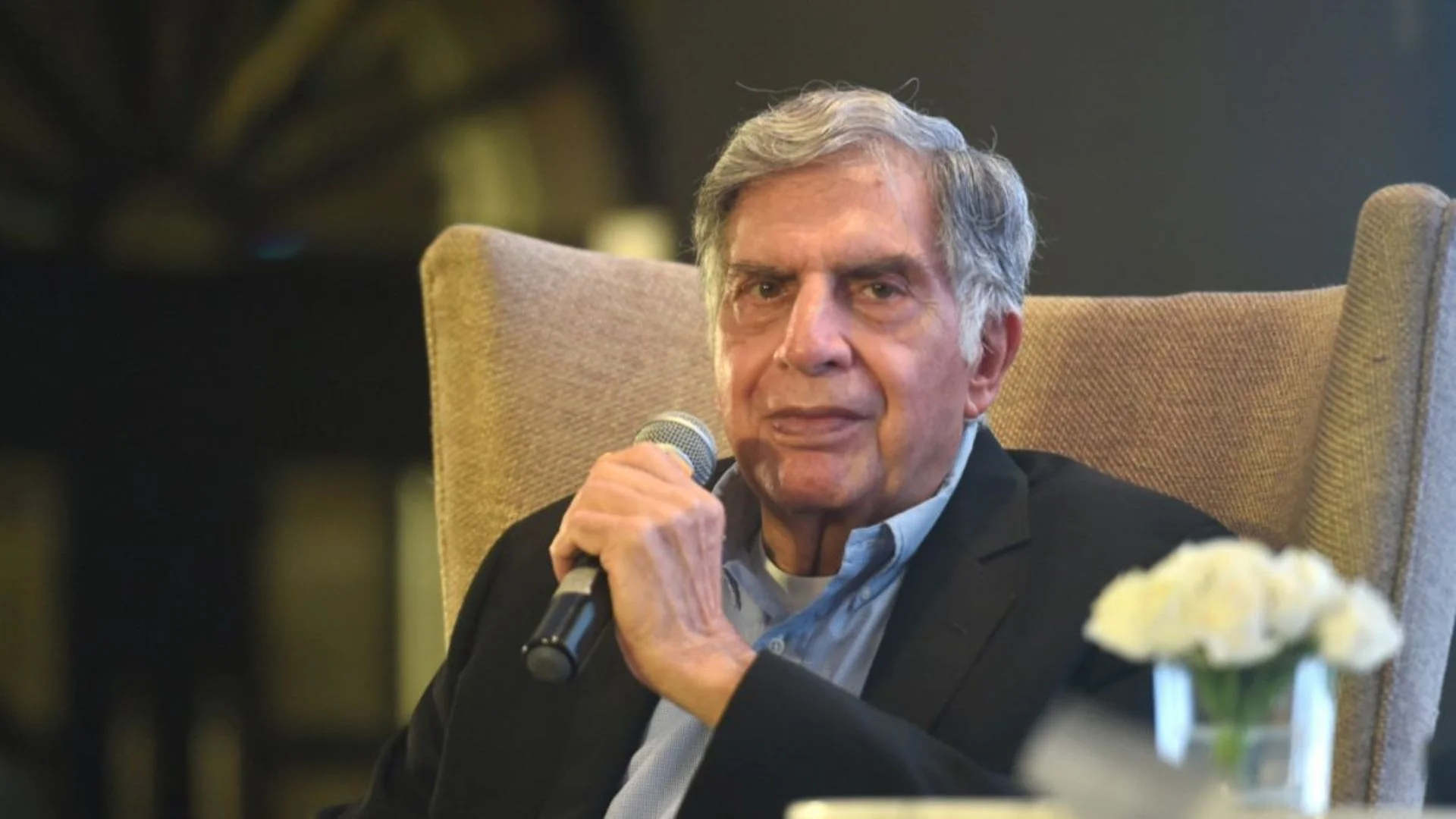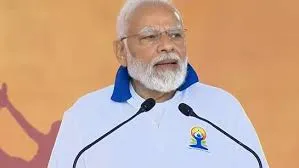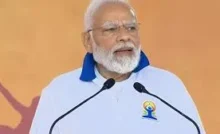Ratan Tata, Chairman Emeritus of the Tata Group and one of India’s most esteemed industrialists, passed away at Breach Candy Hospital in South Mumbai on Wednesday night at 11:30 PM. He was 86 years old. His remarkable life and career left an indelible mark on the global business landscape, but one significant moment stands out as having shaped him into the iconic leader he became.
Born on December 28, 1937, to Naval and Soonoo Tata, Ratan Tata and his younger brother Jimmy were raised by their grandmother, Navajbai Tata, following their parents’ divorce, a rare occurrence in pre-independence India. Navajbai’s influence on Tata was profound, teaching him the importance of dignity and compassion qualities that would define his leadership style in the years to come.
At the age of 17, Tata moved to the United States to study architecture at Cornell University, where he earned his Bachelor’s degree. During his time abroad, he developed a deep appreciation for California’s vibrant lifestyle and briefly considered settling in Los Angeles. However, a pivotal event changed his course—his ailing grandmother’s request for him to return to India.
In a 2000 interview with journalist Karan Thapar on BBC’s Face-To-Face, Tata recounted the emotional decision to leave behind a promising life in Los Angeles. “My grandmother was old and wanted to see me again. Her appeal touched me, so I came back,” he said, recalling how he returned to India, initially not planning to stay permanently.
Tata’s return ultimately led to him being named successor to J.R.D. Tata as chairman of Tata Sons in 1991, marking the beginning of a transformative era for the Tata Group. Under his leadership, the conglomerate expanded globally and earned widespread respect for its ethical business practices.
Ratan Tata’s contributions to industry and society were recognized with India’s second-highest civilian award, the Padma Vibhushan, in 2008, following the Padma Bhushan in 2000.
Tata’s legacy as an industrialist and philanthropist continues to inspire generations, as India mourns the loss of one of its most iconic leaders.









